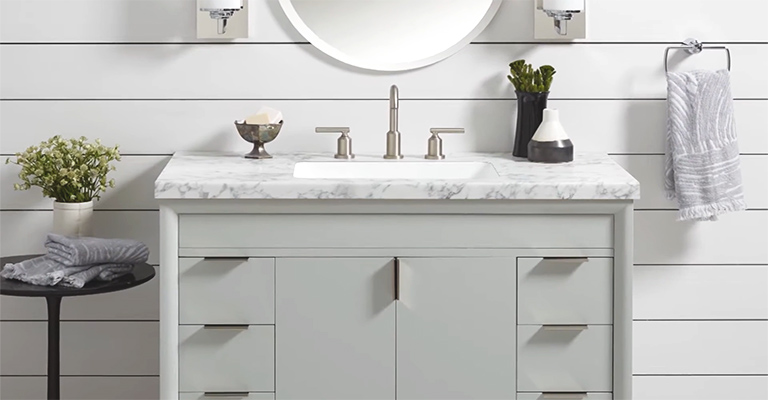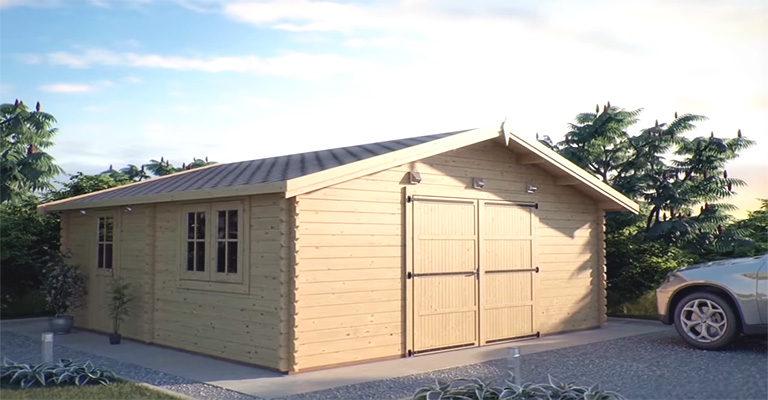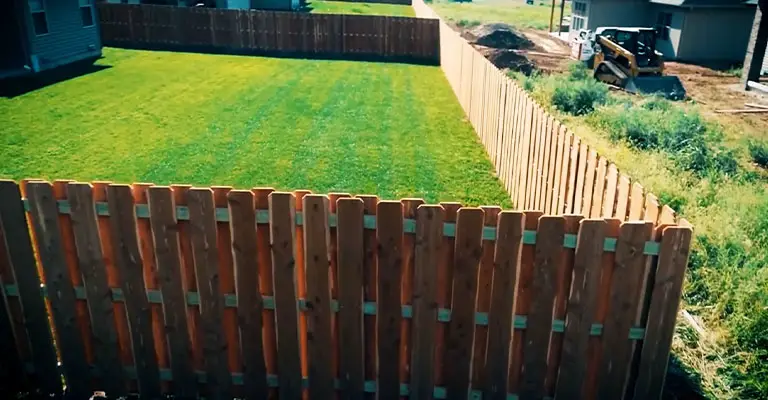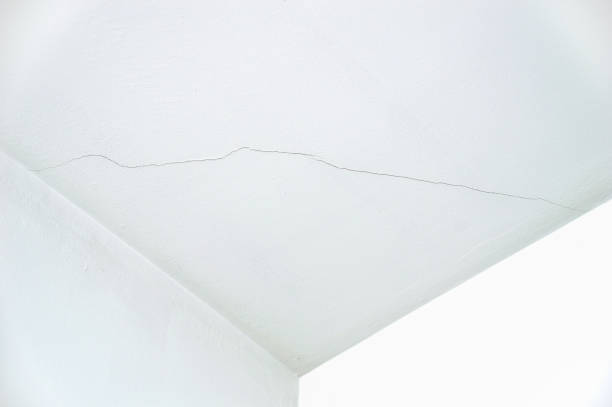Bamboo Flooring: Pros and Cons to Consider
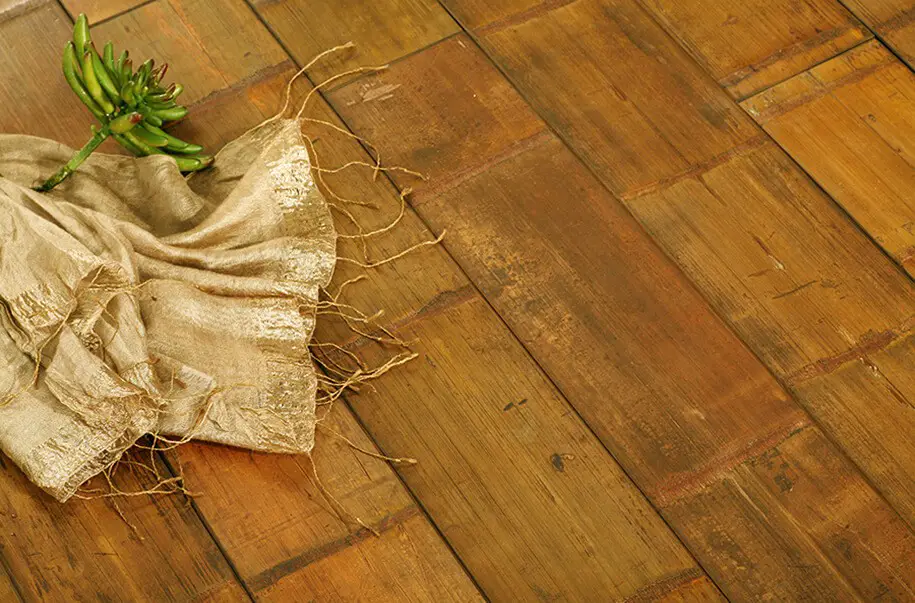
When it comes to choosing the perfect flooring for your home or office, bamboo flooring stands out as a popular option. Renowned for its eco-friendly nature and aesthetic appeal, bamboo flooring is often considered by those seeking a balance between sustainability and style. This guide delves into the pros and cons of bamboo flooring, providing you with essential information to make an informed decision.
Pros of Bamboo Flooring
Environmental Sustainability
Bamboo is highly regarded for its eco-friendly properties. It’s a rapidly renewable resource, growing to maturity in as little as three to five years, much faster than hardwood trees. This makes bamboo an excellent choice for environmentally conscious consumers.
Durability and Strength
Contrary to some misconceptions, bamboo flooring is incredibly durable. Certain types of bamboo can be even harder than traditional hardwoods, making it a practical choice for high-traffic areas.
Aesthetic Versatility
Bamboo flooring offers a range of styles and finishes. From natural tones to darker shades achieved through carbonization, it can complement various interior designs, adding a touch of elegance to any space.
Ease of Maintenance
Cleaning and maintaining bamboo floors is straightforward. Regular sweeping and occasional mopping with a bamboo-specific cleaner can keep these floors looking their best.
Potential for Improved Air Quality
Quality bamboo flooring is often manufactured without using harmful chemicals, which can contribute to better indoor air quality compared to some other flooring options.
Cons of Bamboo Flooring
Susceptibility to Scratches and Dents
Despite its durability, bamboo flooring is not immune to scratches and dents. Heavy furniture, pet claws, and high heels can leave marks, necessitating careful use and maintenance.
Vulnerability to Moisture and Humidity
Bamboo can be adversely affected by excessive moisture and humidity. In regions with fluctuating humidity levels, bamboo floors can expand or contract, leading to warping or cracking.
Variability in Quality
The quality of bamboo flooring can vary significantly depending on the manufacturer and the production process. Lower-quality bamboo floors might be softer and less durable, making it crucial to purchase from reputable suppliers.
Limited Refinishing Options
Unlike hardwood floors, bamboo floors have limited refinishing options. Over time, as the surface wears or gets scratched, options for sanding and refinishing might be restricted, especially for thinner planks.
Emission of VOCs
Some bamboo flooring can emit volatile organic compounds (VOCs), especially if adhesives used in the manufacturing process contain harmful chemicals. It’s vital to choose products certified for low VOC emissions.
Installation and DIY Friendliness
Another aspect to consider is the installation process of bamboo flooring. Many bamboo flooring options are designed for easy installation, with features like click-lock systems that appeal to DIY enthusiasts. However, professional installation might be advisable to ensure optimal durability and appearance, especially for those unfamiliar with flooring installation techniques.
Cost-Effectiveness
In terms of cost, bamboo flooring is often more affordable than traditional hardwood, yet offers a similar level of elegance and warmth. This cost-effectiveness is a significant draw for homeowners looking to upgrade their floors without breaking the bank. However, it’s important to factor in the total cost, including installation and potential future maintenance.
Health and Safety Considerations
For households concerned about health and safety, bamboo flooring is a noteworthy choice. High-quality bamboo flooring is typically manufactured without the use of harmful pesticides and chemicals, making it a safer option for homes, especially those with children and pets.
Adaptability and Compatibility
Bamboo flooring’s adaptability to different climates and interior settings also deserves attention. While it’s sensitive to moisture and humidity, proper acclimatization and installation can mitigate these issues, making it suitable for a wide range of environments.
Eco-Friendly Certification
For those particularly concerned about environmental impact, seeking bamboo flooring with certified eco-friendly credentials, such as FSC (Forest Stewardship Council) certification, can provide assurance of sustainable practices in the flooring’s production.
Final Recommendations
When considering bamboo flooring, it’s advisable to:
- Assess the specific needs of your space, including foot traffic, exposure to moisture, and overall climate.
- Research and select high-quality bamboo flooring from reputable manufacturers.
- Consider professional installation for the best results.
- Regularly maintain the flooring according to manufacturer guidelines to prolong its life and appearance.
Conclusion
When it comes to modern and trendy flooring materials, engineered bamboo flooring stands out as a top choice. Its unique characteristics, derived from bamboo stalks, offer a sustainable and stylish alternative to traditional hardwood flooring. Engineered planks, particularly those made from strand woven bamboo, are known for their exceptional durability and resistance to wear. This makes them an excellent option for those looking to combine the aesthetic appeal of wood flooring with the resilience and eco-friendly attributes of bamboo.
While most bamboo flooring, including solid bamboo planks and horizontal bamboo flooring, provides a natural and warm feel to any space, the engineered variants offer additional stability and moisture resistance, making them suitable for a broader range of environments. It’s this blend of practicality and elegance that positions bamboo flooring products, especially the engineered and stranded bamboo types, as a smart investment for both residential and commercial spaces. However, it’s important to consider the bamboo flooring cost, which can vary depending on the quality and type of bamboo used.
While solid bamboo flooring is often more affordable than traditional hardwood, engineered wood floors, particularly those made from high-quality strand woven bamboo, might come at a higher price point. Despite this, the long-term benefits and sustainability factors often justify the initial investment. Ultimately, the choice between solid bamboo planks, horizontal bamboo flooring, and engineered bamboo flooring should be based on individual requirements, considering factors such as climate, usage, and personal style preferences. By doing so, homeowners and business owners alike can enjoy the unique advantages of bamboo as a trendy flooring material, bringing a touch of nature and sophistication to their environments.


